The Origin and Growth of the English Constitution —— An Historical Treatise the Gradual Development of the English Constitutional System, and the Growth Out of That System of the Federal Republic of the United States
-----
Summary of the Contents of Vol. I: Old-English Commonwealth; Norman Conquest; process of fusion; struggle for the charters; treaty of Runnymede; growth of the law courts and the parliament; The rule or supremacy of law and the sovereignty of parliament the dominant principles of the English constitution; When parliamentary sovereignty reached its full growth; Exclusive right of parliament to authorize taxation; Old-English taxes supplemented by the new feudal taxes; hidage and scutage - the great land-taxes - gradually superseded by taxes upon personal property; fifteenths and tenths; memorable composition of 1334; unsuccessful attempt to levy poll taxes; right of tax-payer to assent to taxation; its connection with the growth of national assemblies; separate negotiation with each estate as to taxation; tax-payer's right dimly recognized during Norman period; conflict with the baronage results in articles 12 and 14 of the Great Charter, and finally in Confirmatio Cartarum; separate negotiations with clergy and commons; fiscal visits of justices from the exchequer; election and representation in the shire courts; representation in the national council a fiscal expedient; first the shires, then the towns represented; Earl Simon's parliament of 1265; Edward I.'s model parliament of 1295; right of nation to tax itself settled by Confirmatio Cartarum; transitions from local to central assent; and from feudal to national taxation; the customs revenue; its probable origin; article 41 of the Great Charter; great and ancient custom of 1275; new or small custom of 1302; origin of tonnage and poundage; summary; after 1322 the customs a part of the permanent revenue; additional subsidies; custom and subsidy levied regularly after 23d of Edward III.; subsidies granted for life to Richard II., Henry V., and Henry VI; Collapse of the immature parliamentary system; emancipation of the monarchy by Edward IV.; overthrow of parliamentary institutions on the Continent; character of the struggle in England; outline of the policy of Edward IV.; the royal authority becomes the dominant force in the state; its vital organ the council; hereditary right; Edward's financial policy; infrequent meetings of parliament; the council becomes an engine of tyranny
{{comment.content}}
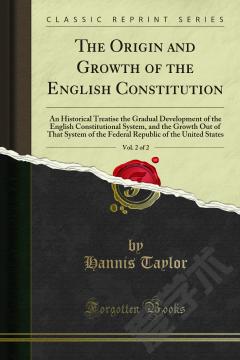
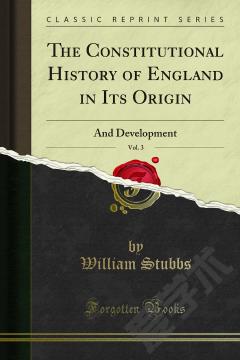
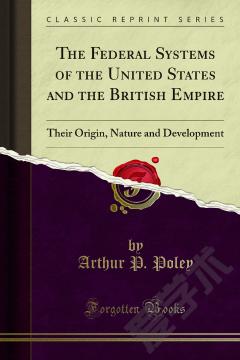

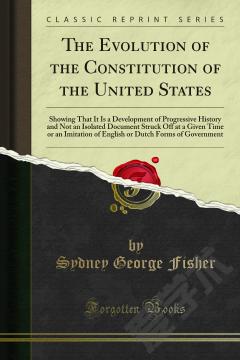
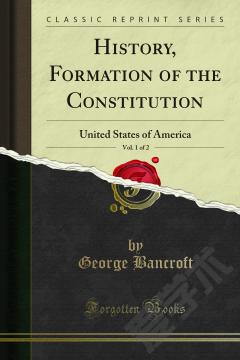
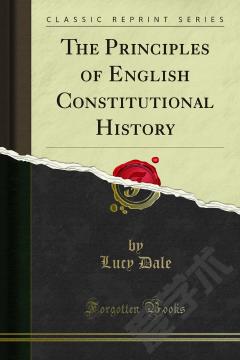

 京公网安备 11010802027623号
京公网安备 11010802027623号